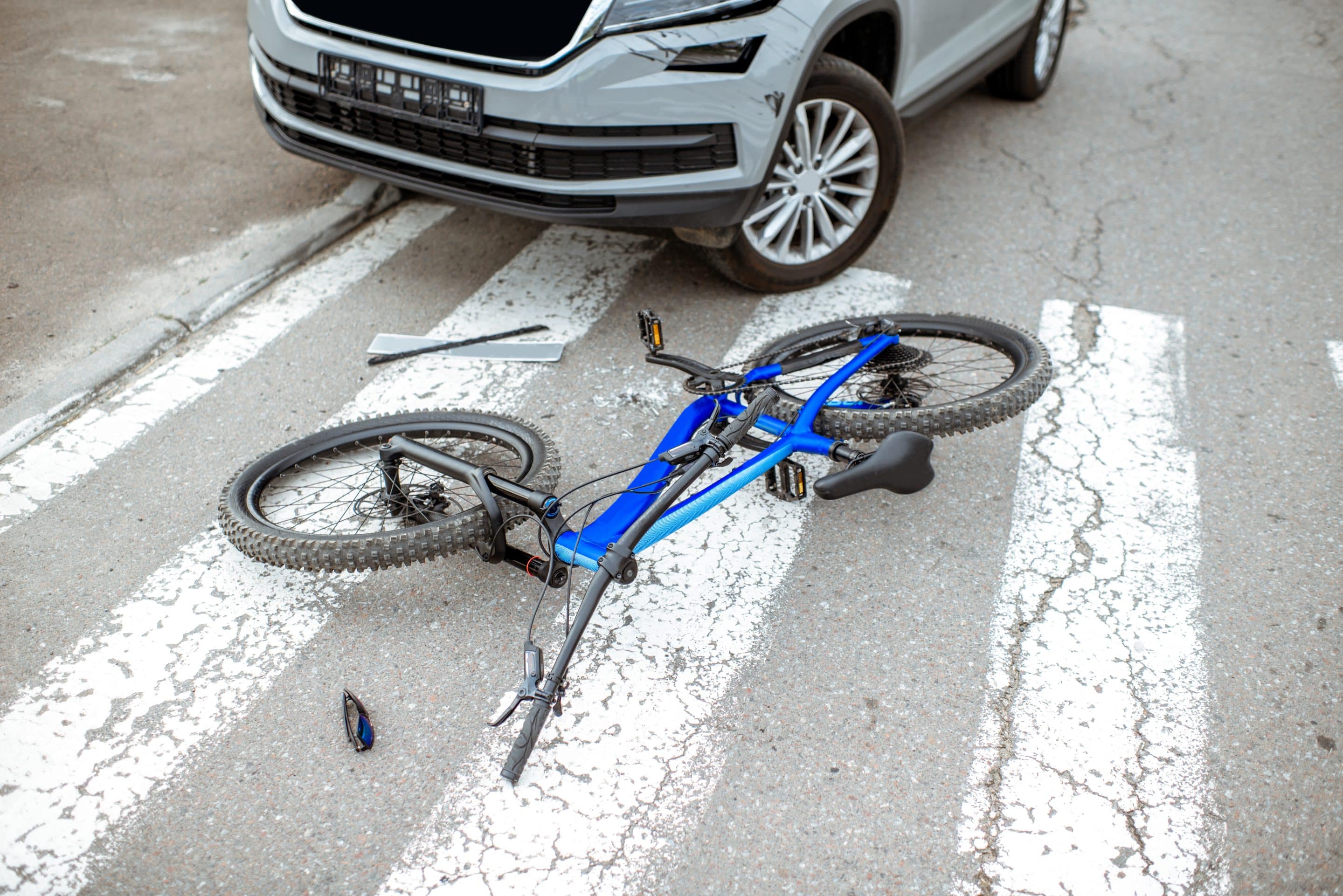The Role of Police Reports in Car Accident Claims
When you’re involved in a car accident, your life can change in an instant. Medical bills start piling up, your car might be out of commission, and you could be dealing with injuries that affect your daily routine. During this chaotic time, one document can be crucial in helping you build your case: the police report.
In any police report car accident claim, this official document often becomes the backbone of the investigation, the insurance negotiation, and potential litigation. Whether your accident involved minor property damage or serious bodily injury, the police report provides essential details that can influence the outcome of your claim.
In this comprehensive guide, we’ll explain why police reports are so important, how they affect your legal rights, and what to do if there are errors in the report. By the end, you’ll understand how this single document can differentiate between a denied claim and a thriving settlement.
Table of Contents:
- What Is a Police Report and Why Is It Important?
- How Do Police Reports Help in a Car Accident Claim?
- How Do You Obtain a Police Report After an Accident?
- Can You File a Claim Without a Police Report?
- What If the Police Report Is Wrong?
- Conclusion: Let Roxell Richards Injury Law Firm Help You
1. What Is a Police Report, and Why Is It Important?
A police report is a formal document created by a responding law enforcement officer after a car accident. It summarizes the accident based on the officer’s observations, evidence at the scene, statements from the involved parties, and information from any witnesses.
The report typically includes:
-
- Date, time, and location of the accident
- Names and contact information of drivers, passengers, and witnesses
- Vehicle details, including damage observed
- Road, weather, and lighting conditions
- Diagrams or illustrations of the accident scene
- Officer’s narrative of events
- Any traffic citations or violations issued
- Preliminary determination of fault (in some cases)
2. How Do Police Reports Help in a Car Accident Claim?
When you’re seeking compensation for a car accident, the insurance company or a court, if your case goes to trial, wants facts, not opinions. Here’s how a police report strengthens your position:
A. Corroborates Your Version of Events
After an accident, it’s your word against the other driver’s. If they deny fault or try to twist the facts, a police report can help back you up. The officer’s observations and conclusions offer a neutral perspective that carries more weight than either driver’s statements alone.
B. Documents the Scene and Circumstances

-
- Skid marks might fade
- Vehicles get repaired
- Witnesses become more challenging to contact
- You might forget key details under stress
All these factors can help establish liability. The insurance company uses this information to assess the value and validity of your police report car accident claim.
C. Connects Injuries to the Accident
If you’re injured in the accident, having those injuries noted in the police report is critical. The report may document:
-
- Whether EMS was called
- Observations of visible injuries
- Your statements about pain or trauma
- Witness accounts of how you were behaving post-collision
This can help prove that your injuries were caused by the accident, not a prior event.
D. Influences Insurance Company Decisions
3. How Do You Obtain a Police Report After an Accident?
Getting a copy of the police report is a straightforward but vital step in your car accident claim. Here’s how to do it:
Step 1: Identify the Responding Agency
Find out which law enforcement agency responded to the crash. This might be:
-
- Local city police
- County sheriff’s office
- State highway patrol
You can usually find this information on the accident information slip given at the scene.
Step 2: Gather Key Details
When requesting the report, be prepared to provide:
-
- Date and time of the accident
- Location of the crash
- Names of the drivers involved
- Report or incident number (if you received one)
Step 3: Request the Report
You can often request a police report:
-
- Online via the agency’s official website
- In-person at the police department or records office
- By mail, submitting a request form and payment
- Through your attorney, who can request and obtain the report on your behalf
Step 4: Pay the Fee
Many agencies charge a small fee, usually between $6 and $20, depending on your location and the number of pages included.
At Roxell Richards Injury Law Firm, we handle this step for our clients so they don’t have to worry about the paperwork or the process.
4. Can You File a Claim Without a Police Report?
The short answer is yes, but it’s risky.
If you don’t have a police report, your claim becomes more vulnerable to disputes and delays. Here’s why:
A. Lack of Third-Party Evidence
Without a police report, no neutral party confirms the facts of the accident. This can make your claim seem less credible.
B. Greater Burden of Proof

-
- Dashcam footage
- Eyewitness statements
- Vehicle damage assessments
- Medical records
C. Reduced Settlement Offers
Insurance companies often use the absence of a police report to downplay or reject claims. They might argue:
-
- You were not seriously injured (or else you would’ve called the police)
- The accident wasn’t significant
- There’s not enough evidence to establish the fault
5. What If the Police Report Is Wrong?
Police officers are human, and mistakes do happen. If you notice an error in your report, don’t panic. There are steps you can take.
A. Factual Errors
These include typos, incorrect license plate numbers, or wrong insurance info. You can contact the officer or agency and request a correction. You may need to provide proof to support your request.
B. Disputed Opinions
If the officer’s report includes a judgment you disagree with (e.g., who caused the crash), it’s harder to change. But you can:
-
- Submit a formal written statement to be attached to the report
- Provide additional evidence, such as photos or witness statements
- Have your attorney build a legal argument that counters the officer’s opinion
Conclusion: Let Roxell Richards Injury Law Firm Help You
The road to recovery after a car accident can be long and stressful, but you don’t have to navigate it alone. Your police report is one of the most powerful tools in your fight for justice and compensation.
At Roxell Richards Injury Law Firm, we’ve helped countless clients leverage their police report car accident claims to get the money they deserve. From the moment you contact us, we’ll take over the hard work:
At Roxell Richards Injury Law Firm, your fight is our fight, and we won’t stop until justice is served.
Roxell Richards Injury Law Firm
Houston, TX z7057
Phone: (713) 974-0388
Fax: (713) 974-0003
Frequently Asked Questions
What information is included in a police report?
Police reports typically include driver details, vehicle information, accident location, witness statements, diagrams, damages, and officer observations.
How do insurance companies use a police report?
Insurers use police reports to verify accident details, assess liability, and calculate compensation for property damage, medical expenses, and injuries.
What should I do if there are errors in the police report?
If you notice mistakes, contact the reporting officer or police department to request corrections. Accurate reports are crucial for claims and legal proceedings.
Can I file a car accident claim without a police report?
Yes, but having a police report greatly improves your chances of a fair settlement by providing official evidence of the accident and liability.
How soon should I file a police report after a car accident?
It’s best to file a report immediately after the accident or within 24 hours, depending on your state’s requirements, to ensure accuracy and compliance.

